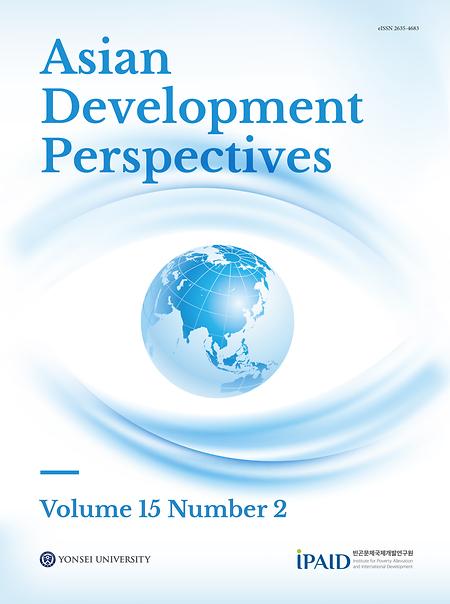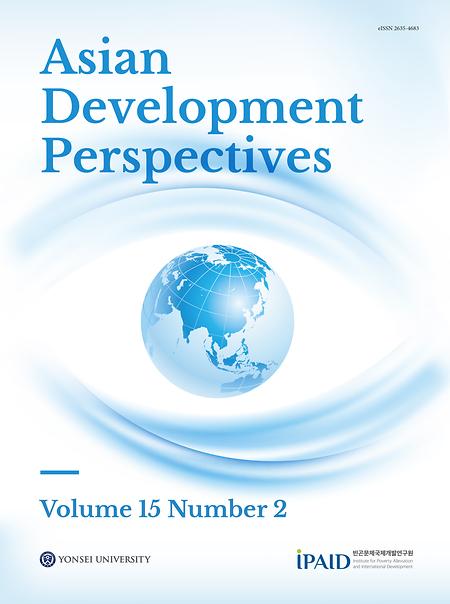-
2

- No. 2 / (2) 증권형 크라우드펀딩 금액, 재무적특성과 기업성과간 관계에 대한 연구
- 증권형 크라우드펀딩 금액, 재무적특성과 기업성과간 관계에 대한 연구 박세희, 박우진 Abstract This study aims to determine whether the funding amount of domestic securities crowdfunding affects corporate performance. The research method of this study was to conduct frequency analysis and descriptive statistics on financial characteristics, number of industry categories, number of employees, and sales using Crowdnet data. Multiple regression analysis was conducted to determine the effects of financial characteristics and number of employees on sales. The results of the analysis are as follows. In the analysis by year, capital, funding amount, number of employees, and total assets were found to have an effect. Capital, number of employees, and total assets showed a positive correlation, but funding amount showed a negative correlation or was statistically insignificant. The implications of this study are that the concept of a securities-type crowdfunding company was examined. In addition, sales were divided by year to confirm the effects of each financial characteristic and number of employees, and the factors affecting sales of successful securities-type crowdfunding companies were confirmed. Keywords Crowdfunding, Securities crowdfunding, Financial characteristics, Sales, Funding amount
- IPAIDipaid 2025.06.26
-
1

- No. 2 / (1) Sorghum (Bicolor Moenech) Production and Sustainable Community Livelihood in Kedjom Community, Cameroon
- Sorghum (Bicolor Moenech) Production and Sustainable Community Livelihood in Kedjom Community, Cameroon Michael Vunyingah1 and Canute Ambe Ngwa Abstract The paper examined the socio-cultural significance of sorghum (red) and cultivation and post-harvest management system in Kedjom Keku from the pre-colonial to the postcolonial period. The method of data collection comprised episodic narratives and structured interviews. 25 key informants were interviewed using a semi-structured interview guide. T he average age of key informants was 70 years. An open-end structured questionnaire was established to 60 respondents (both male and female). Descriptive statistics and content analysis were used to analyze the data. A proto-Marxist approach was adopted in the data analysis and evaluation of the existing literature. Walters Rodney’s (1972) “hand of the devil” (European capitalism and imperialism) in his How Europe underdeveloped Africa is very relevant in the context of extension services and imposition of exotic improved white maize variety during the Green Revolution, 1974. The abandonment of ancestral sorghum (bicolorguinea) cultivation from 1974, and impact of Western culture on the festivals and practices (sacred religion), like communal farming at the Fon’s farm (nsangnefon) and rituals (bvate-fam) at village cross roads and entrance to the palace contributed to livelihood crises. The bio-cultural seed as exemplified in the proposed Sustainable Livelihood Framework Model is a very important component in agro-industrial development. The bio-cultural seed could contribute 70% of agricultural output. Enhancing the capacity of women and SMEs (small and medium-sized enterprises) in the production of opaque beer, characterized by low alcohol content and high protein levels, through the incorporation of food legumes, cereals and tubers, is essential for fostering job creation and increasing employment opportunities. Keywords Sorghum, Sacred religion, Binomial food technology, Bio-cultural seed, Sustainability, Kedjom
- IPAIDipaid 2025.06.26
